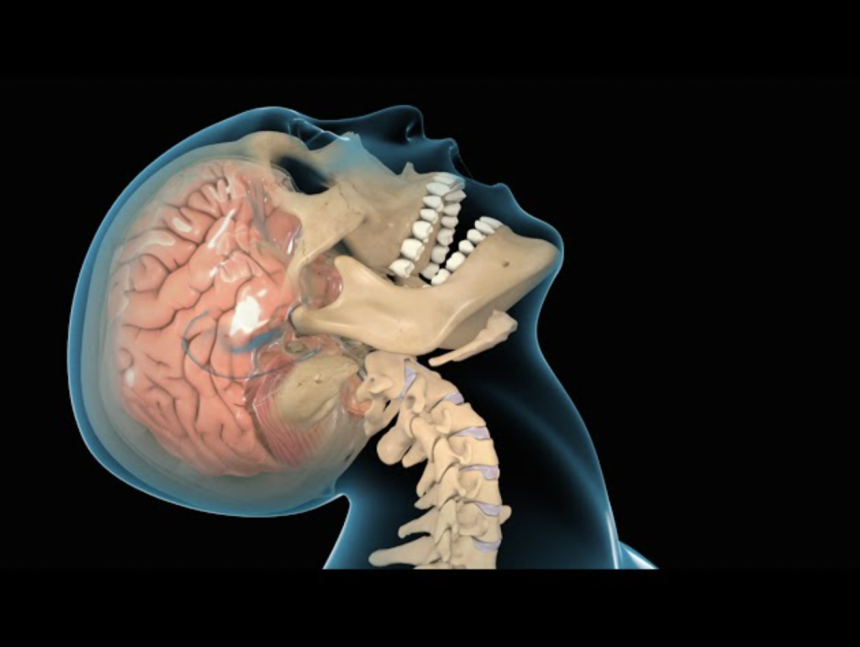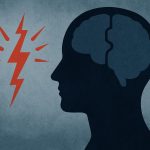Traumatic brain injuries (TBIs) can lead to a wide range of complications, including cognitive impairments, physical disabilities, and sensory deficits. Hearing loss is one of the less commonly discussed but significant consequences of TBIs. The connection between brain injuries and hearing problems may not be immediately obvious, and the symptoms can often be subtle, making early recognition challenging.
Recognizing the early symptoms of hearing loss associated with a TBI can help seek timely medical intervention and prevent further complications. Awareness of these signs can also guide individuals in making informed decisions about their health and recovery.
1. Sudden Difficulty in Hearing Conversations
One of the first signs of TBI-related hearing loss is a sudden difficulty following conversations, especially in noisy environments. Individuals may find that they frequently ask others to repeat themselves or that voices sound muffled or distant. This change can be particularly noticeable when speaking on the phone or in social settings with background noise. The affected person may also struggle to hear high-pitched sounds or distinguish between similar-sounding words, leading to misunderstandings and frustration.
These symptoms may result from damage to the inner ear structures or auditory nerve, which transmit sound signals to the brain. If you or someone you know experiences a sudden change in hearing ability following a head injury, it is important to seek medical attention immediately. An audiologist can conduct a hearing test to determine the extent of the hearing loss and recommend appropriate treatment options.
2. Persistent Ringing or Buzzing in the Ears
Another common symptom associated with TBI-related hearing loss is tinnitus, characterized by a persistent ringing, buzzing, or hissing sound in the ears. Tinnitus can vary in intensity and may be present in one or both ears. It can be especially noticeable in quiet environments, such as when trying to sleep, and can cause significant discomfort and distress. While tinnitus is not life-threatening, it can severely impact an individual’s quality of life, making it difficult to concentrate, relax, or engage in daily activities.
Tinnitus following a traumatic brain injury often results from damage to the auditory pathways in the brain or the inner ear. Managing this condition typically involves sound therapy, cognitive behavioral therapy, or medication to alleviate the symptoms. Early diagnosis and intervention are essential in managing tinnitus effectively and preventing it from becoming a chronic issue.
3. Sensitivity to Loud Noises
Increased sensitivity to loud noises, known as hyperacusis, is another indicator of TBI-related hearing loss. Individuals with this condition may find everyday sounds, such as traffic, music, or even conversations, uncomfortably loud or painful. This heightened sensitivity can lead to avoidance of social situations and increased anxiety as the person becomes more aware of and distressed by their environment.
Hyperacusis often occurs due to changes in the brain’s sound processing following a traumatic injury. Treatment may include sound desensitization therapy, where the individual is gradually exposed to varying sound levels to help retrain the brain’s response. Recognizing this symptom early and seeking appropriate treatment can help individuals manage their sensitivity to sound and reduce the impact on their daily lives.
4. Difficulty Locating the Source of Sounds
People with TBI-related hearing loss may struggle to identify where sounds are coming from, a condition known as spatial hearing loss. This difficulty can be particularly dangerous in certain situations, such as crossing the street or responding to alarms and other warning signals. Spatial hearing loss results from damage to the auditory pathways that help the brain process the location and direction of sounds, making it challenging to navigate and respond to auditory cues in the environment.
This symptom can increase confusion and disorientation, especially in busy or noisy settings. If you or someone else has trouble locating the source of sounds after a head injury, it is important to consult an audiologist for a thorough evaluation. Early intervention can help improve auditory processing skills and reduce the risks associated with spatial hearing loss.
5. Frequent Misunderstanding of Speech
Individuals with TBI-related hearing loss may frequently misinterpret what others are saying, even if they hear the words. This issue can stem from a condition known as auditory processing disorder (APD), where the brain has difficulty processing and making sense of the sounds it receives. APD can lead to challenges in following conversations, especially in noisy environments or when multiple people speak.
This misunderstanding can frustrate both the affected person and those around them, leading to social isolation and strained relationships. If this symptom is observed, a comprehensive auditory evaluation by an audiologist can help diagnose APD and determine the best course of treatment. Early identification and therapy can significantly improve communication abilities and quality of life.
6. Balance Issues and Dizziness
TBIs can also affect the vestibular system, which is critical in balance and spatial orientation. Damage to this system can result in dizziness, vertigo, and unsteady gait, which are often accompanied by hearing loss. Individuals may feel a sensation of spinning or tilting, making it difficult to maintain balance while walking or standing. These balance issues can increase the risk of falls and further injuries, complicating recovery.
It is important to recognize that balance problems following a TBI may be related to inner ear or brain damage, affecting both hearing and equilibrium. A healthcare professional specializing in vestibular disorders can provide diagnostic tests and recommend treatments such as vestibular rehabilitation therapy to help manage these symptoms and improve stability.
The Importance of Seeking Medical and Legal Assistance
Recognizing the signs of TBI-related hearing loss early is crucial for obtaining the appropriate medical care and improving the chances of recovery. Audiologists and neurologists play a key role in diagnosing and treating these conditions, providing personalized care plans that address the unique challenges faced by each individual. However, the impact of TBI-related hearing loss often extends beyond health concerns, affecting a person’s ability to work, engage in social activities, and enjoy a good quality of life.
For individuals facing the challenges of a traumatic brain injury (TBI), obtaining legal help is just as vital as receiving medical care. Brain injury attorneys can assist in maneuvering through the complexities of personal injury claims, ensuring that individuals obtain the compensation needed to cover medical expenses, lost wages, and other associated costs. Legal assistance is essential for accessing the necessary resources for comprehensive treatment and ongoing care, enabling individuals to concentrate on their recovery and overall well-being.
Lynn Martelli is an editor at Readability. She received her MFA in Creative Writing from Antioch University and has worked as an editor for over 10 years. Lynn has edited a wide variety of books, including fiction, non-fiction, memoirs, and more. In her free time, Lynn enjoys reading, writing, and spending time with her family and friends.















